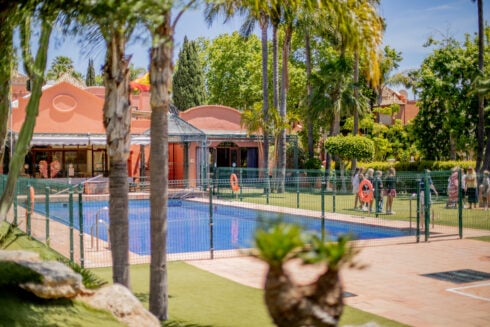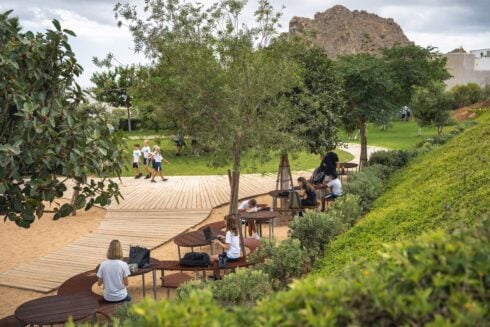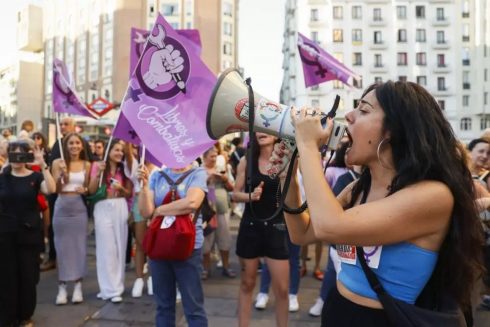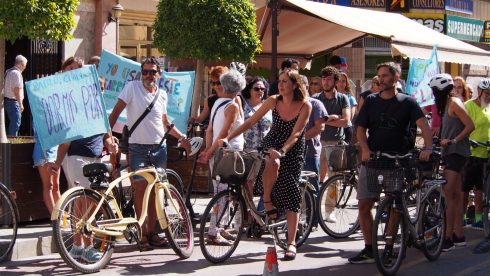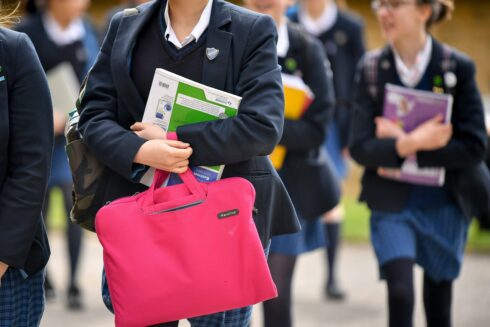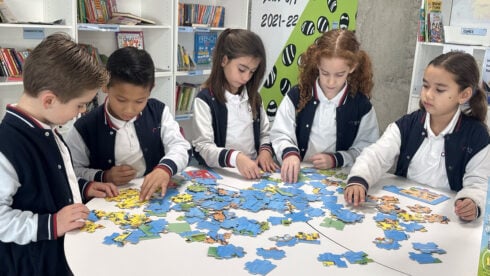FALLING birth rates are said to be having a ‘profound’ impact on Spain’s public education system with over 304,000 fewer children in kindergartens and primary schools compared to 2018.
112 schools have closed down in a decade but 80 additional private schools have opened during the same period.
In the last five years, school children aged between three and six years have dropped by 145,071 students, while 159,288 have dropped in the six to 12 years category.
The figures are only going to continue to decline as the first half of 2023 recorded a birth rate low of just 155,629 babies.
Right now there are 32 fewer primary schools compared to ten years ago- a 0.2% fall- with a total of 13,387.
Many of the public schools closures have been in rural areas that have been suffering with depopulation while the private school network offers a ‘full service’ from infant to secondary age ranges, and are also predominantly based in more-affluent urban communities.
Just four regions- Madrid, Aragon, the Basque Country, and the Balearic Islands- have seen public schools actually increase in numbers.
Aragon’s former Education Minister, Felipe Facci, said: “We had a policy of where just three pupils were needed to keep a rural school open and when a school does close, that has an impact on the rural environment which sees associated services like school canteens, transport, and other activities cease.”
“The last thing parents want is for a school to close and for their children to travel up to 30 kilometres a day elsewhere,” the former PSOE minister added.
Large communities have also suffered due to falling birth rates with schools and teaching staff being integrated with larger class sizes as a consequence.
The Esade Centre for Economic Policy is an independent think-tank based in Madrid that looks at creating public policy based on consensus and evidence.
Its education head, Lucas Gortazar, said: “The incessant decline of the birth rate is the greatest educational challenge of our time.”
He believes there will be extra money available to spend per student but the issue will be what the cash will be spent on.
“Do you want more teachers to reduce classes, offer more activities, create more scholarships, or extracurricular activities?,” he asked.
Gortazar admitted that closing rural schools is regarded as ‘politically incorrect’, but that keeping youngsters in very small schools is very expensive.
He argues that pumping huge budget surpluses into tiny schools would waste opportunities that could be offered by larger establishments.
GOT A STORY? Email us at tips@theolivepress.es
Click here to read more Education News from The Olive Press.


